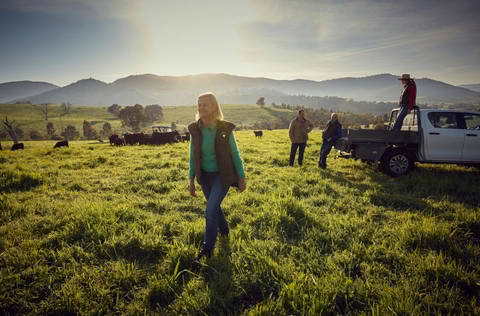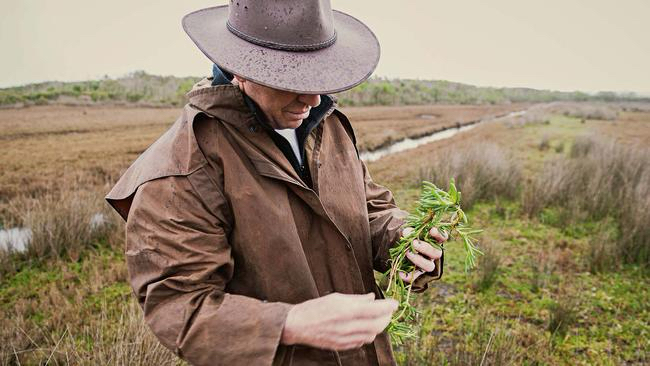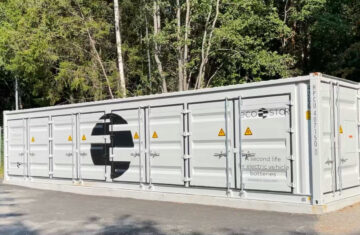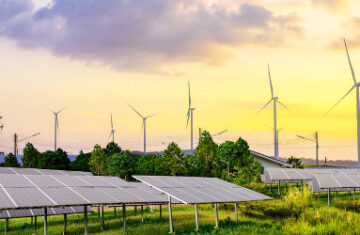A new report from Farmers for Climate Action and the Clean Energy Council reveals that Australian farmers are poised to receive more than $1 billion in landholder payments for hosting renewable energy projects by 2030. As clean energy continues to enhance farm productivity, these payments are expected to significantly impact rural economies.
Key Findings of the Report
The report, titled Billions in the Bush, estimates that farmers and landholders are likely to receive between $0.9 billion and $1.1 billion from clean energy projects over the next five years. Additionally, approximately $213 million will be directed to regional and rural communities through community benefits funds, sharing schemes, and contributions to local household electricity bills.
Looking further ahead, the report forecasts that farmers could expect direct payments ranging from $7.7 billion to $9.7 billion between 2024 and 2050. Community contributions in rural areas are projected to approach $2 billion by 2050.
Statements from Industry Leaders
Natalie Collard, CEO of Farmers for Climate Action, stated, “Australia’s clean, green farmers have been hosting clean energy since the windmill was invented.” She emphasized that hosting modern clean energy technologies allows farmers to maintain their traditions while diversifying income. “Farmers that choose to host renewables are farming sheep and cattle around wind turbines and under solar panels, creating a double income from the land,” she added.
Collard noted that farmers are typically offered over $40,000 in rent per turbine annually and up to $1,500 per hectare for solar panels. Studies indicate that sheep grazing under solar panels are showing improved wool yields, further enhancing profitability.
Economic Impact on Communities
Kane Thornton, CEO of the Clean Energy Council, highlighted that the clean energy transition is not only essential for maintaining electricity supply as coal plants age but also for creating jobs and alternative income streams within communities. He stated, “Contributions to regional communities through renewable energy projects of more than $200 million will be realized between now and 2030.”

Thornton pointed out that these payments reflect a broader trend of regional communities reaping the economic benefits of renewable energy projects. Modelling by the Regional Australia Institute suggests that large-scale wind and solar projects could generate up to $68 billion in economic activity across Australia in the next four years alone.
Current Renewable Energy Landscape
More than 40% of Australia’s electricity now comes from renewable sources, including hydro, solar, and wind, with the majority of these projects located in regional and rural areas. This shift not only supports environmental goals but also contributes to local economies, providing farmers with new opportunities and enhancing community resilience.
Conclusion
As Australia continues its transition to renewable energy, farmers are set to play a crucial role in this transformation. With significant financial benefits on the horizon, the partnership between agriculture and clean energy promises to bolster both productivity and community well-being.



